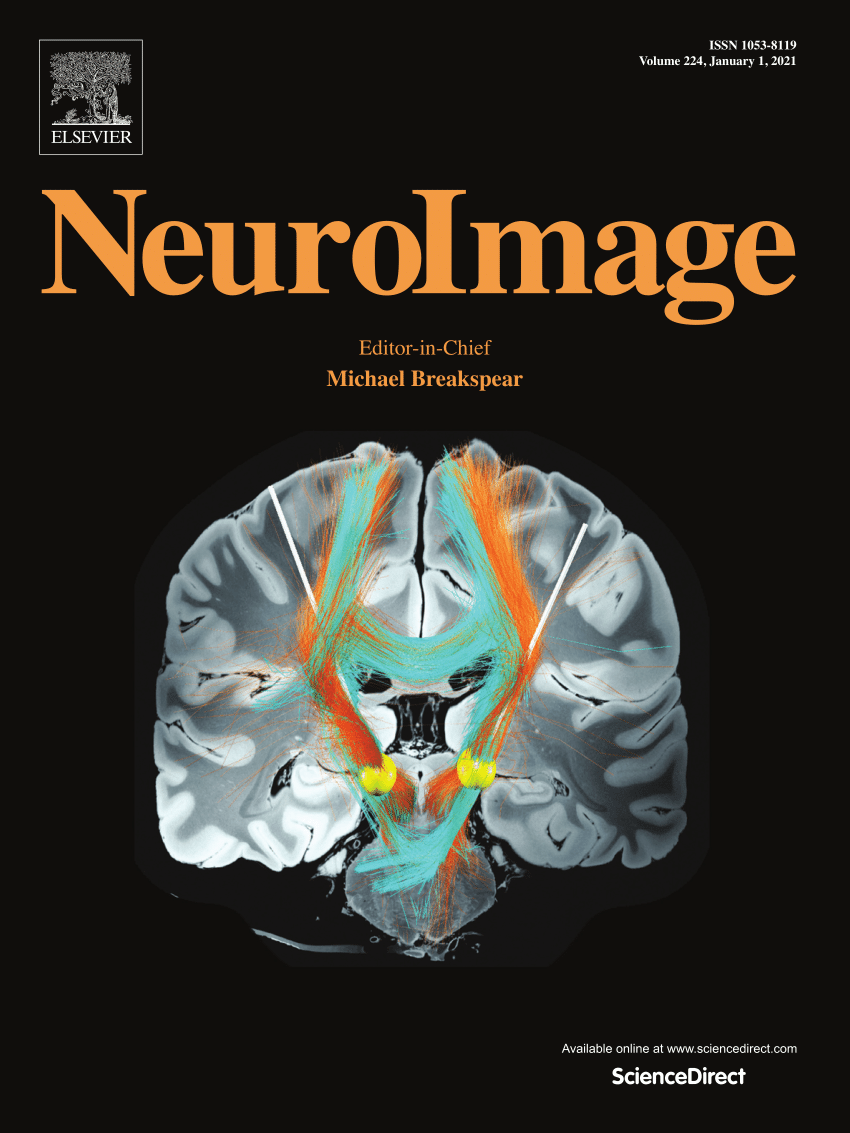肠道微生物群在调节大脑结构和精神疾病中的作用:一项孟德尔随机研究。
IF 4.7
2区 医学
Q1 NEUROIMAGING
引用次数: 0
摘要
肠道微生物对人类大脑的影响,特别是与精神疾病的关系,已成为当代神经科学和精神病学研究的焦点领域。在本研究中,我们采用中介孟德尔随机化方法来深入研究肠道微生物群与精神疾病之间的潜在因果关系,重点关注大脑结构变化的中介作用。我们利用来自大规模全基因组关联研究的遗传数据来分析196个肠道微生物群如何通过改变3143个大脑结构来影响10种精神疾病。我们的主要发现揭示了显著的双向因果关系。在肠道微生物群与脑结构的关系中,某些肠道微生物类群,如拟杆菌属和Marvinbryantia,分别与脑活动和白质完整性的变化有关。相反,像右海马和左小脑上脚这样的大脑结构会影响肠道微生物群的组成。关于肠道微生物群和精神疾病,我们发现了许多关联。例如,Prevotellaceae属与自闭症谱系障碍的风险增加显著相关,而Ruminococcaceae UCG005则显示出保护作用。在惊恐障碍中,Alistipes呈正相关,而在精神分裂症中,发现了保护性(巴尼斯氏菌)和风险相关(Phascolarctobacterium)两种属。此外,通过中介分析,我们发现大脑结构介导肠道微生物群对五种精神疾病的影响,包括双相情感障碍和神经性厌食症。在这些病例中,肠道菌群对疾病的影响完全通过大脑结构的变化来传递。总的来说,我们的研究阐明了微生物群-肠-脑轴在心理健康中的作用。它为肠道微生物如何影响大脑生理学和精神病理学提供了新的视角。这些发现不仅加深了我们对肠道和大脑之间生物相互作用的理解,而且表明靶向肠道微生物群的改变可能是治疗精神健康障碍的新策略。本文章由计算机程序翻译,如有差异,请以英文原文为准。
The role of gut microbiota in modulating brain structure and psychiatric disorders: A Mendelian randomization study
The influence of the gut microbiome on the human brain, especially its associations with psychiatric disorders, has emerged as a focal area in contemporary neuroscience and psychiatry research. In this study, we employed a mediation Mendelian randomization approach to delve into the potential causal relationships between gut microbiota and psychiatric disorders, with a focus on the mediating role of brain structural changes. We harnessed genetic data from large - scale genome - wide association studies to analyze how 196 gut microbiota taxa affect ten psychiatric disorders via alterations in 3143 brain structures.
Our key findings revealed significant bidirectional causal relationships. In the gut microbiota - brain structure relationship, certain gut microbiota taxa, such as Bacteroides and Marvinbryantia, were associated with changes in brain activity and white matter integrity respectively. Conversely, brain structures like the right hippocampus and left superior cerebellar peduncle influenced gut microbiota composition.
Regarding gut microbiota and psychiatric disorders, we identified numerous associations. For example, the genus Prevotellaceae was significantly associated with an increased risk of Autism Spectrum Disorder, while Ruminococcaceae UCG005 showed a protective effect. In Panic Disorder, Alistipes was positively associated, and for Schizophrenia, both protective (Barnesiella) and risk - associated (Phascolarctobacterium) genera were found.
Moreover, through mediation analysis, we found that brain structures mediated the effects of gut microbiota on five psychiatric disorders, including bipolar disorder and anorexia nervosa. In these cases, the influence of gut microbiota on the disorders was fully transmitted through changes in brain structure.
Overall, our research clarifies the role of the microbiota - gut - brain axis in mental health. It offers a new perspective on how intestinal microbes impact brain physiology and psychiatric pathology. These findings not only deepen our understanding of the biological interactions between the gut and brain but also suggest that targeted gut microbiota modifications could be novel therapeutic strategies for mental health disorders.
求助全文
通过发布文献求助,成功后即可免费获取论文全文。
去求助
来源期刊

NeuroImage
医学-核医学
CiteScore
11.30
自引率
10.50%
发文量
809
审稿时长
63 days
期刊介绍:
NeuroImage, a Journal of Brain Function provides a vehicle for communicating important advances in acquiring, analyzing, and modelling neuroimaging data and in applying these techniques to the study of structure-function and brain-behavior relationships. Though the emphasis is on the macroscopic level of human brain organization, meso-and microscopic neuroimaging across all species will be considered if informative for understanding the aforementioned relationships.
 求助内容:
求助内容: 应助结果提醒方式:
应助结果提醒方式:


